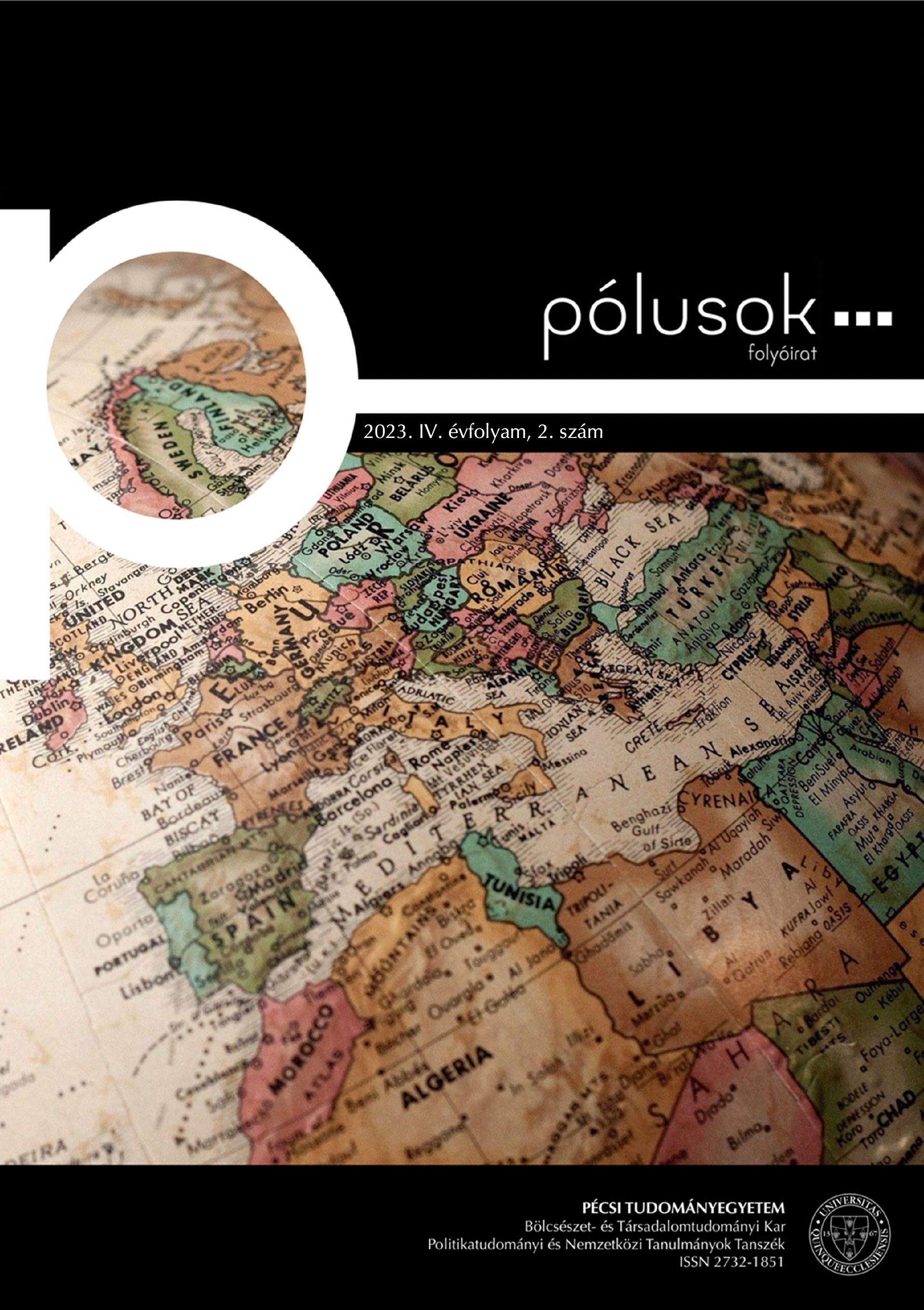TRANSNATIONAL REPRESSION:
PRINCIPLES AND CASE STUDIES
DOI:
https://doi.org/10.15170/PSK.2023.04.02.01Keywords:
(global) autocracy, co-optation, de-democratisation, legitimation, repressionAbstract
In this paper, I present and attempt to interpret transnational repression. It is not a completely new phenomenon, but it has some novel features and characteristics unique to the contemporary globalized world. They are the following: 1) the possibilities offered by information/communication technologies; 2) the constellations of power and repression that are shifting from physical space to virtual space; 3) the similarity of repressive practices and their global spread; 4) the role of bilateral or regional agreements; 5) the fact that powers, regardless of their political set-up, use techniques of transnational repression; 6) the phenomenon of authoritarian regimes integrating themselves into the global world order in such a way as to use and exploit aspects of the world order which they have been able to resist in order to legitimize their power; 7) the danger that transnational repression can undermine and amortize spaces, territories and systems from which it does not originate (cf. "new geographies of power").
Downloads
Published
How to Cite
Issue
Section
License

This work is licensed under a Creative Commons Attribution-NonCommercial-ShareAlike 4.0 International License.











